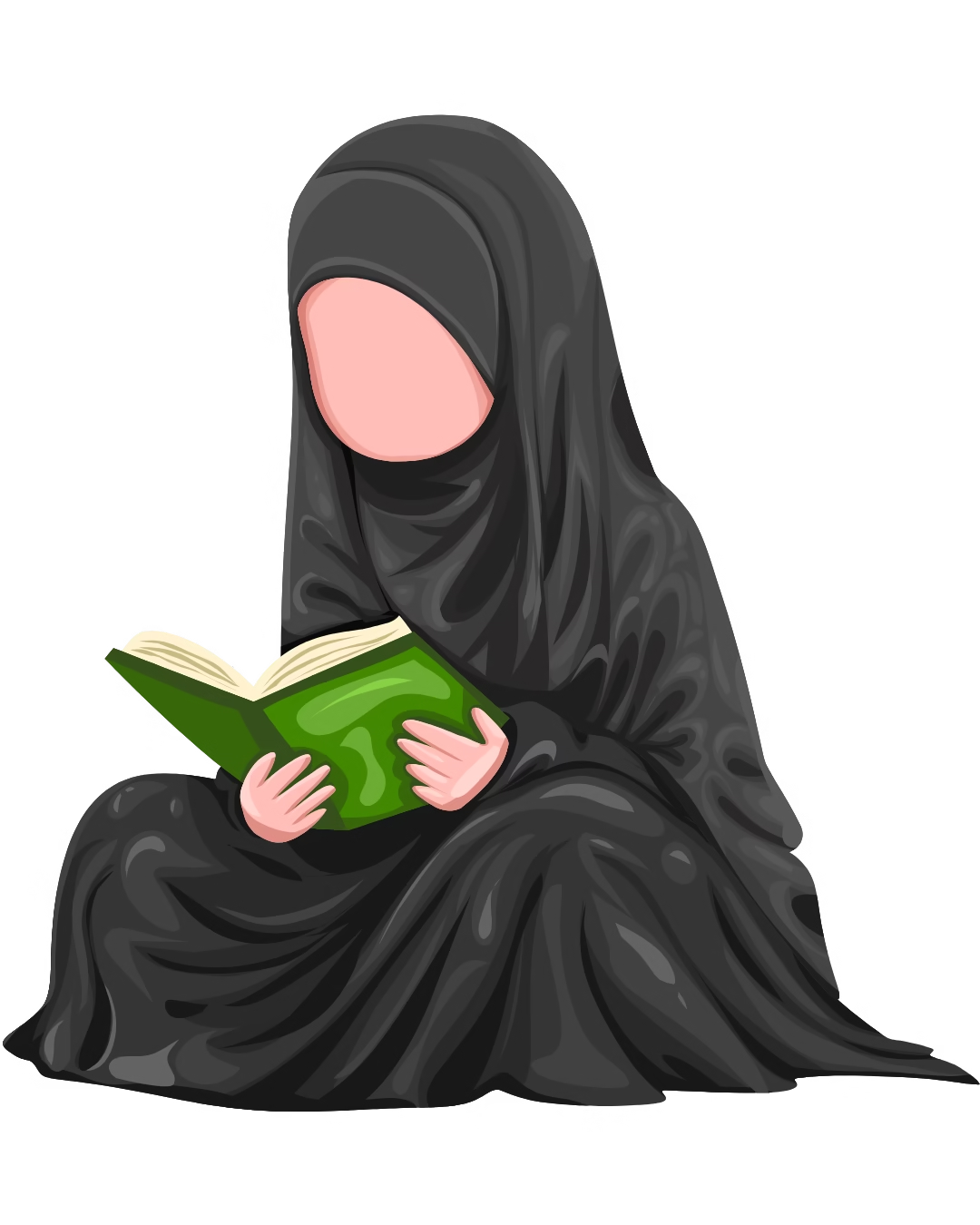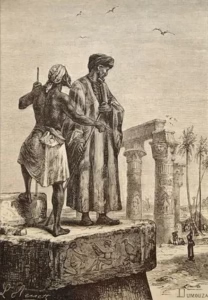A Legacy Etched in Time
In a world where history often highlights men as the architects of civilization, there are countless remarkable women whose contributions shaped the course of humanity. Among them stands Fatima al-Fihriya, a woman of wisdom, vision, and piety, whose efforts laid the foundation for what is recognized today as the world’s oldest continuously operating university—al-Qarawiyyin.
A Visionary Woman
Fatima al-Fihriya was born into wealth, the daughter of a prosperous merchant. Yet, rather than indulging in luxury, she chose a path of service and devotion to the Muslim community. When her father passed away, leaving her a vast fortune, she saw it not as an opportunity for personal gain but as a means to contribute to the Ummah. Her vision materialized in 859 CE when she established the al-Qarawiyyin Mosque in Fez, Morocco. What began as a place of worship quickly became a center of knowledge, attracting scholars from across the Islamic world and beyond. Over time, it evolved into a full-fledged university, producing great thinkers and influencing the course of education in both the Muslim world and Europe.
More Than a Name—A Lasting Influence
Despite the limited historical records about her personal life, Fatima’s legacy is undeniable. Some scholars debate the authenticity of the details surrounding her story, but whether every aspect is factual or not, the lesson remains clear: Women can and have played a monumental role in shaping the intellectual and spiritual foundations of society. The question we must ask ourselves is: If she could do it, why can’t we? Why can’t today’s Muslim women rise beyond personal ambitions and build institutions that serve future generations?
The Role of Women in Islam
Islam honors women with a status of dignity, respect, and immense responsibility. Women are not just integral to society; they are its very foundation. The Prophet Muhammad (peace and blessings be upon him) said, “Paradise lies under the feet of mothers” (Sunan an-Nasa’i 3104), signifying the unparalleled role of women in nurturing future generations. The Qur’an also beautifully acknowledges their importance:
“Indeed, the Muslim men and Muslim women, the believing men and believing women, the obedient men and obedient women, the truthful men and truthful women, the patient men and patient women, the humble men and humble women, the charitable men and charitable women, the fasting men and fasting women, the men who guard their chastity and the women who do so, and the men who remember Allah often and the women who do so – for them Allah has prepared forgiveness and a great reward.” (Surah Al-Ahzab 33:35)
This verse makes it abundantly clear that the doors of excellence, faith, and contribution are open to both men and women. Fatima al-Fihriya’s story is a testament to this divine principle.
A Call to Action
Today, as we witness the challenges faced by Muslim women worldwide, we must recognize that they are not merely passive members of society but active builders of the future. They are the educators, nurturers, and leaders who shape the moral and intellectual compass of the next generation. The Muslim Ummah needs more women like Fatima al-Fihriya—women who look beyond their personal needs and work for the betterment of their communities and faith. Perhaps the next great institution, the next groundbreaking movement, or the next transformative initiative will have your name attached to it.
A Prayer for Guidance
May Allah SWT guide us all, men and women alike, to walk the path of righteousness and service. May He grant our sisters the strength, wisdom, and faith to become beacons of light in their communities. May He elevate the status of women in Islam and grant them the means to fulfill their roles as nurturers, educators, and leaders. And may we all, through our efforts, leave behind a legacy that pleases Him and benefits generations to come. Ameen.
This is not just history—it is a blueprint for the future. The question is: Will you be the next to build upon it?
References
- The Holy Qur’an, Surah Al-Ahzab 33:35
- Sunan an-Nasa’i 3104
- Wikipedia: Fatima al-Fihriya
- Gaudio, Attilio (1982). Fès: Joyau de la civilisation islamique
- Hardaker, Glenn; Sabki, Aishah Ahmad (2018). Pedagogy in Islamic Education: The Madrasah Context
- Naylor, Phillip C. (2015). North Africa, Revised Edition: A History from Antiquity to the Present
Login required to like


